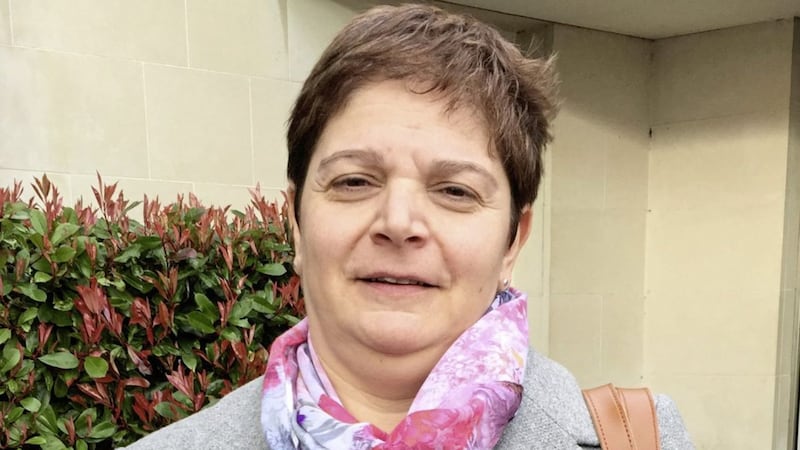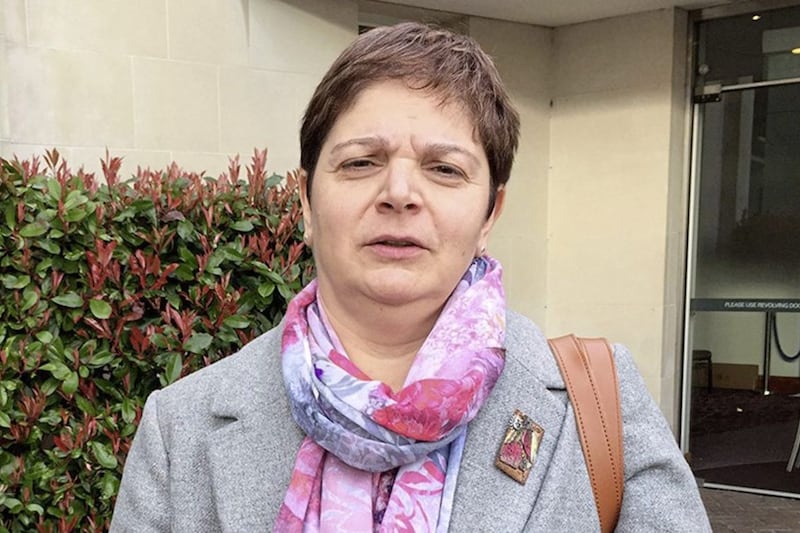GUIDANCE for reopening special schools falls far below a child's right to education, the children's commissioner has said.
Special schools are to be given flexibility to develop their own re-start models but should aim to have some children returning by August.
New guidelines setting out how to plan for the "new school day" have been published.
Many special education providers have remained shut since the lockdown began in March.
Education Minister Peter Weir said he wanted to see a return to full-time classroom-based learning for all pupils, as soon as possible and when it is safe to do so.
Those in mainstream settings will return on August 24.
The guidance said it was accepted that following this pattern may not be possible for all special schools due to the year groups attending. Some accommodate children from ages 3-19 or may have only nursery, primary or post-primary.
Koulla Yiasouma, Northern Ireland Commissioner for Children and Young People, said during the height of the pandemic it was concerning that the duty towards pupils with special educational needs was diluted.
She said it was entirely unacceptable that the guidance stated that the full range of service provision "may not be offered as set out in an individual's statement of SEN but will be delivered on a best endeavour duty".
"Too many children with statements have had little or no provision during the crisis, therefore the suggestion that their needs will not be met in accordance with what they are legally entitled to is unconscionable," she said.
"Whilst, of course, I recognise, these are extraordinary times and that mainstream schools are working towards a blended learning approach, this cannot be the solution for special schools and alternatives must be found to accommodate this.
"Special schools are just that; they not only provide a safe learning environment but a place to access medical and therapeutic interventions, provide routine and social interaction for children, and respite for parents, carers and siblings; many of whom have informed us they at breaking point. Continuity of provision is critical for these children and this can only be fully delivered in the school setting."
Ms Yiasouma added that children, parents and schools needed clarity on what can and cannot be provided.
"If services can't be provided - then I would want to know why. Schools must be given every additional resource necessary to make sure every child gets the education and care that meets their assessed needs," she said.








